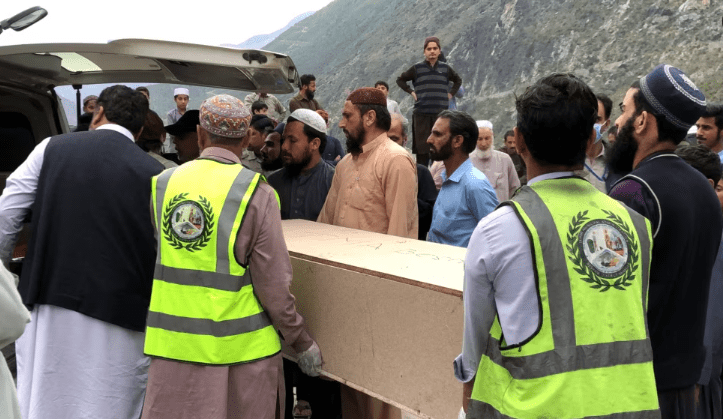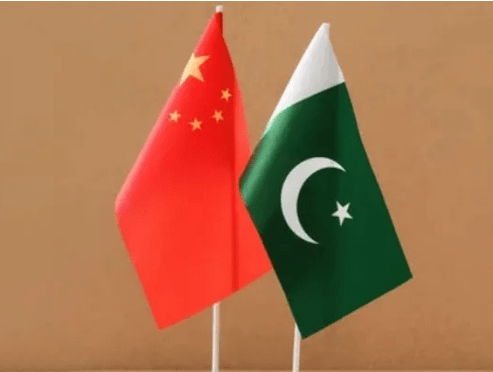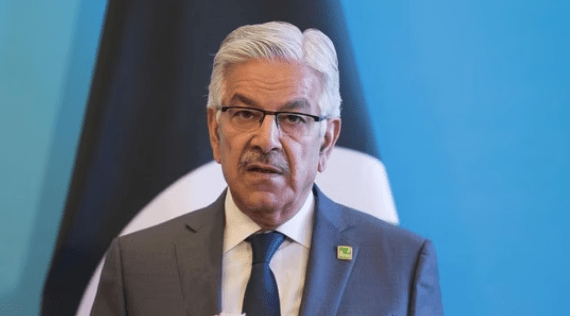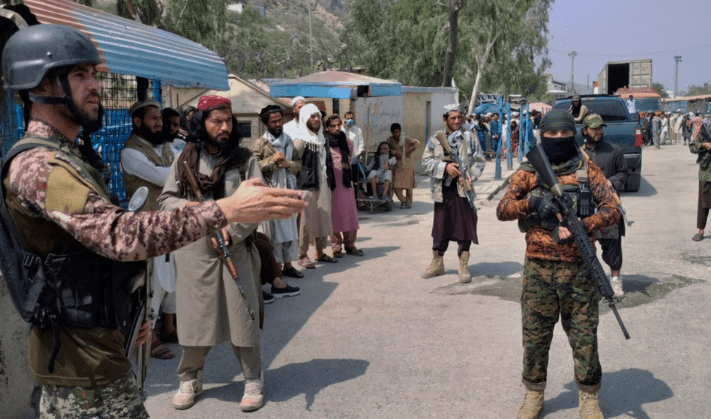Taliban mission chief: Your lack of respect for women and girls hurts your standing both domestically and internationally.
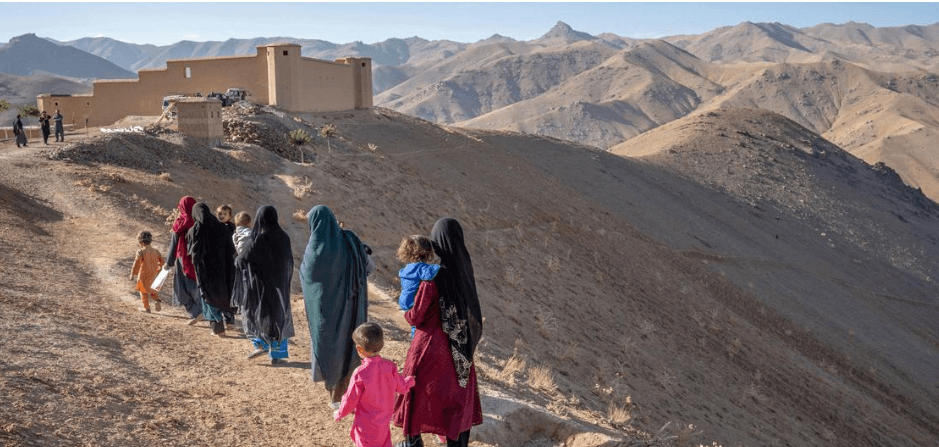
Roza Otunbayeva, the UN Special Representative, briefed the Security Council on the catastrophic condition the country is in and the international humanitarian effort, noting that UN women employees are now among those who are no longer allowed to work because of Taliban orders.
She said that the UN Assistance Mission, UNAMA, which she also leads, had no plans to replace them with male personnel, saying, “We will not put our national staff in danger and for that reason we are asking them not to report to the office.”
No guarantees
She said that the Taliban had not provided her with any justification for the prohibition or guarantees that it would be rescinded.
She said that she had been “frank” with the all-male leadership on the challenges that their decrees and limitations on women in public life were posing, including denial of education beyond the elementary level, prohibitions on attending parks and gyms, and prohibitions on taking a part in public life in general.
She has said that “it is nearly impossible that their government will be recognized” as long as they continue to stifle women’s and girls’ human rights.
misery in half the population
Based on UNAMA’s interactions with civil society groups throughout the nation, she claimed: “It is also apparent that the Afghan people are strongly opposed to these orders. They caused agony for 50% of the people, hurt the economy, and cost the Taliban both domestically and internationally.
In view of the anticipated drop in humanitarian funds this year, the UNAMA head urged ambassadors and the international community to do more to safeguard the stability of the Afghan economy in the future.
She cited the mounting evidence of a successful ban on the production of opium poppies as one of the “more positive achievements” of Taliban administration that have been overshadowed by the focus on women’s rights.
a sound economy
Inflation is low and exchange rates are constant, and the economy “remains stable” as a result, in part because of a decline in high-level corruption.
According to the World Bank, “this macroeconomic stability, however, coexists with severe household poverty,” with 58% of households unable to meet their most basic requirements.
The director of UNAMA expressed worry about other locations, saying that despite coordinated counterterrorism measures, ISIL-KP terrorists continued to attack civilians and Taliban officials.
Even though the Taliban’s control has resulted in a substantial decrease in civilian deaths, she said that the UN Mine Action Service was still reporting around 100 unexploded ordnance deaths every month.
She concluded by informing the Council that UNAMA and the UN system in Afghanistan will keep communicating with the Taliban via “established reliable working channels”.
However, if the Taliban lifted its harsh limitations on its female population, we might do much more.
stoking the fire
The co-founder of the Afghan girls’ education non-profit SOLA, Shabana Basij-Rasikh, told ambassadors that she had experienced the gloom of Taliban rule in the 1990s and that the hidden schools she attended are now returning.
“I am the inheritor of the courage of Afghan women and men who lit flames in our country’s darkness when the world’s focus shifted elsewhere. These flames are still blazing today. In Kabul and the provinces, the covert institutions have reopened. In Rwanda, my forcibly exiled school SOLA is booming.
She said that Afghan groups all around the globe had submitted a record 2,000 applications. Each of the “2,000 fires in the darkness” stands for the insatiable and unstoppable yearning for access to the fundamental human right of education.
Making sure that these fires never go out is our duty, the duty of the whole globe, she said.
“A single planet encapsulates all we want. It’s called stability. Education is what makes that term conceivable.

